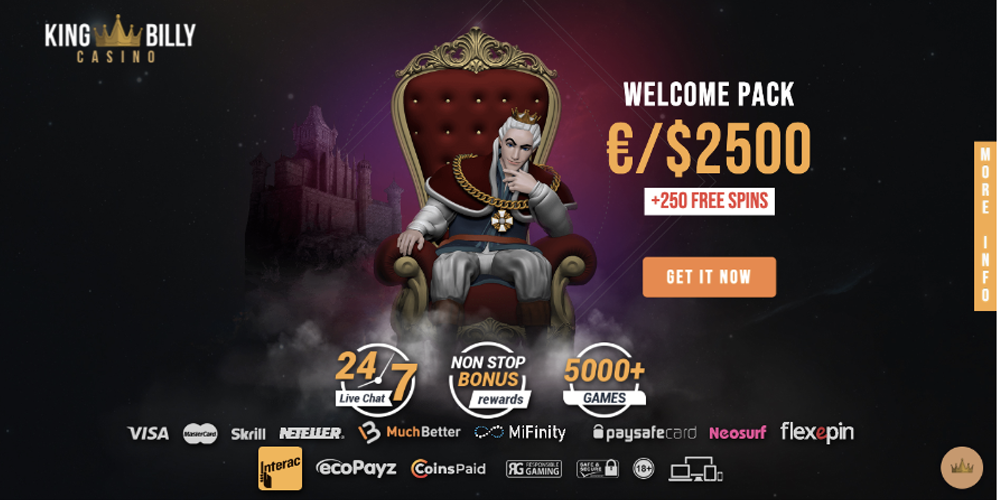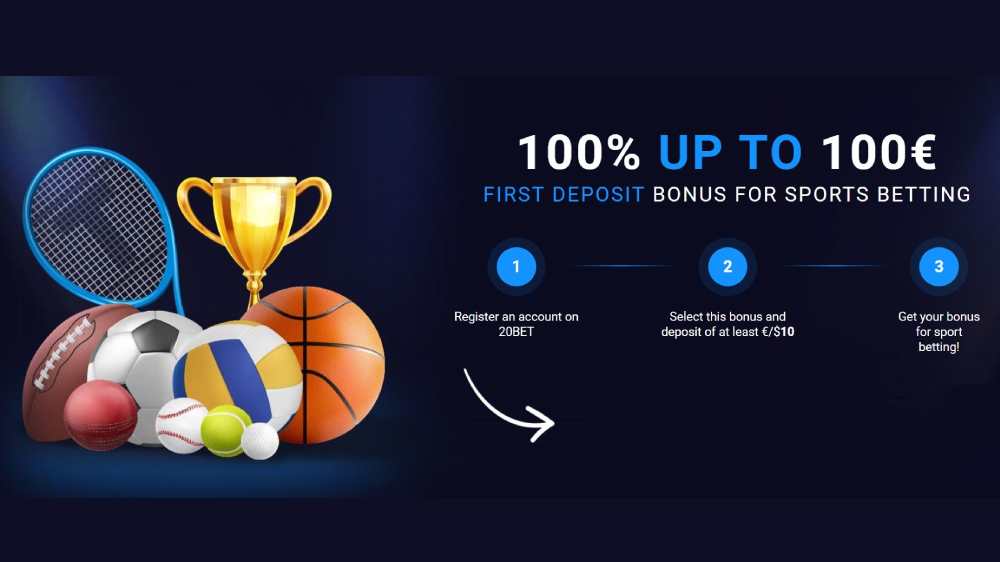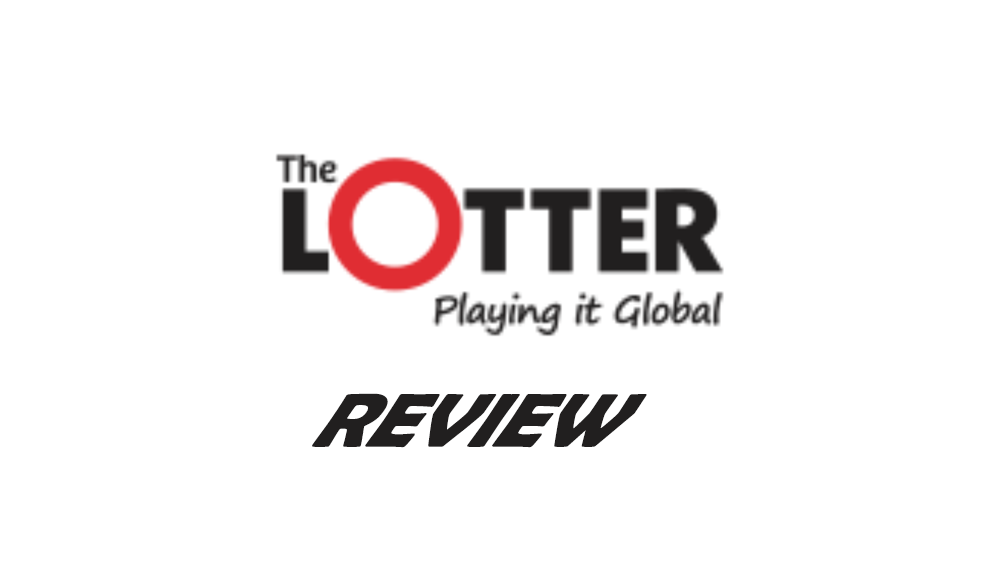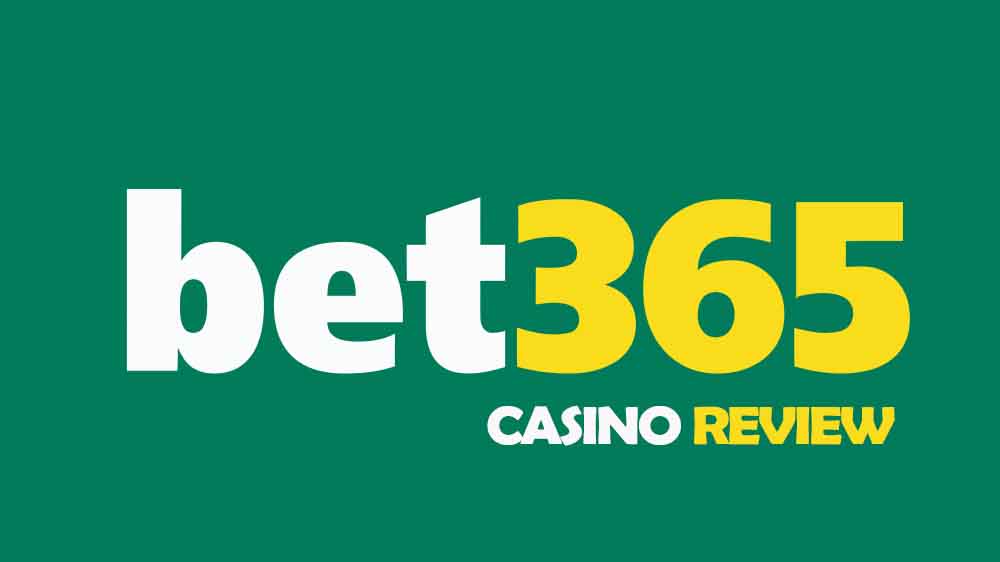Malta Gaming Authority Overview
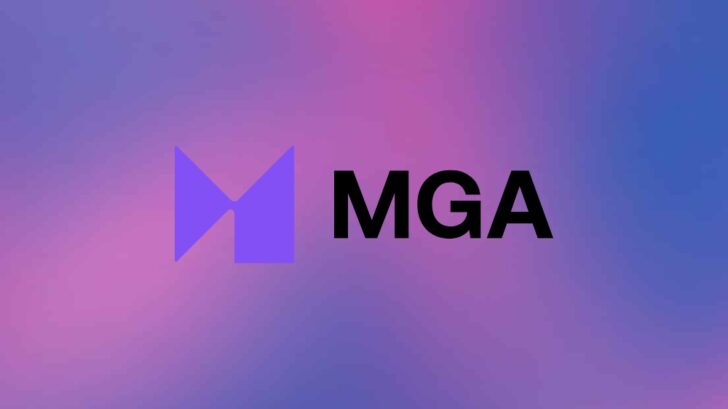
The Malta Gaming Authority (MGA) is one of the most prestigious regulatory bodies in the online gambling industry. It distributes plenty of licenses to online operators that are accepted by numerous countries in Europe. In this Malta Gaming Authority overview we break down all the need to know information about the regulatory body.
Malta Gaming Authority Overview: An Introduction
Possibly the most well-known regulating authority for the online gambling sector is the Malta Gaming Authority. With a global reach into various regions, it is a highly sought-after stamp for both players and casinos. To find out everything you need to know about the MGA and how it works, keep reading. This way, you will know exactly what to look for when browsing through our latest jackpot ratings.
What is MGA?
Malta’s gaming regulatory body is called the Malta Gaming Authority (MGA). It controls the majority of gaming activities on its soil, including both traditional and internet options. Casinos, amusement and slot machines, betting shops, fantasy sports, and lotteries are all included in the retail gaming it oversees. B2C and B2B services are offered online.
As one of the most prominent and well-respected gaming regulators in the world, the MGA was founded in 2001. A MGA licence is currently a highly sought-after seal in the online gambling sector. The MGA was established to make sure that gambling was done fairly and openly. Its primary duty is to make sure that player safety and security adheres to the standards. To do this, the MGA only grants licences to operators that can adhere to the stringent rules and guidelines outlined in their legislation. Following the receipt of an MGA licence, the operators are continually observed and checked to make sure they adhere to the guidelines established by the MGA.
Malta Gaming Authority History
In 2001, the Malta Gaming Authority was created. Prior to changing its name in 2015, it was known as the Lotteries and Gaming Authority (LGA). Malta became the first EU member to pass legislation for online gaming in 2004, establishing Malta as a reliable commercial jurisdiction. However, Lotto, which was imported from Italy’s neighbours, has been governed since 1922.
Since its inception, the Maltese law-making control board has led the way in the online gambling sector. The MGA has experienced great growth in the territory since it was founded. It presently makes up more than 12% of the GDP of the nation.
MGA Functions and Mission

Since 2001, the MGA has been in charge of policing several facets of the gaming market for both brick-and-mortar and internet operators. The MGA must carry out the following obligations:
- Ensure transparency to players using gaming services
- Preventing crime, corruption and money laundering
- Protecting minors and vulnerable players
By policing the behaviour of online casinos and bookmakers, the Malta Gaming Authority must also create a safe environment for players. It was one of the first regulatory bodies to offer a complete package of laws, rules, and guidelines that today govern the majority of the sector.
Malta Gaming Authority Functions
The MGA is currently largely regarded as one of the global iGaming axes. It is the industry’s top regulator and licensor. The majority of the credit for this goes to its progressive administration and its flourishing business and technological sectors.
MGA Responsibilities
The MGA has to ensure services for both B2C and B2B clients. This is seen below:
- B2B – business-to-business products or services that are intended for a business to use, not a consumer. These services may include software developers that product casino games or betting markets, payment service providers and customer support infrastructure.
- B2C – business-to-consumer products or services that are intended for the end-user (the consumer). Examples of these are online casinos, bookmakers and lotteries.
The MGA licence essentially establishes the foundation for B2B transactions between operators and creators of gaming content. As shown below, there are four categories into which the B2C licence can be divided:
- Type 1 – permits operators to use a Random Number Generator (RNG) to organize games of chance for customers.
- Type 2 – permits operators to bet on the outcome of a real-life event which falls into the sportsbook category.
- Type 3 – permits operators to organize games of chance where revenue is generated from commission based on stakes or prizes (for instance poker).
- Type 4 – permits operators to organize betting on skill games where the results are determined by performance (fantasy sports).
Gaming Act of 2018
In order to make the MGA’s process more transparent and easy for operators to understand, new rules and regulations were implemented in 2018. Additionally, it increased the duration of each MGA licence from five to ten years.
MGA License Benefits

Operators in the online gaming sector work hard to obtain a licence from the Malta Gaming Authority for a variety of reasons. The MGA is a hub for iGaming companies and events worldwide because to its rising reputation and location in the heart of Western Europe. Here are a few additional factors:
- A Well-Respected Reputation – the MGA license is one of the most prestigious in the industry.
- A Fair Authority – the MGA regulations are forward-thinking and enable the industry to grow.
- An Increasing Industry – the MGA contributes massively to the Maltese economy with growing revenue year-by-year.
- A Stable Environment – the MGA is home to many trained professionals and experienced veterans in the industry.
Gambling Market in Malta
One of the nations in the world that encourages gambling the most is Malta. The 2018 regulatory restructure was welcomed by the Maltese government since it will make it simpler for operators to apply for licences and follow the rules established by the regulatory body. The MGA also got rid of the gaming tax, making sure operators weren’t taxed twice for specific things. The Maltese gambling industry did, nevertheless, manage to make €80 million in compliance payments, licence fees, levies, and consumption taxes despite the removal of taxation on operators. In essence, having an MGA licence benefits the Maltese economy and the operators equally.
Statistics of Maltese Gaming Sector
The third-largest private sector industry in the nation and one of the most well-known in the world is Maltese iGaming. The market for online gaming generated over €1.5 billion in revenue in 2019, an increase of almost 10% from the previous year, according to figures. The sum made up 13% of the nation’s GDP.
Malta is among the most desirable locations for businesses to hire employees because of its robust economy. In 2019, there were around 7,000 full-time positions in the gaming sector. That equates to just under 4.5% of the workforce in the nation. It is the ideal setting for iGaming and is home to many qualified professionals.
Malta hosts the SiGMA conference each year. It is one of the most well-liked in the international iGaming sector. The expo brings thousands of attendees and affiliates together and enables representatives to network for prospective new partners. Additionally, it provides an opportunity to stay current on industry news and discover fresh initiatives.
Qualifications for an MGA License

The Malta Gaming Authority is very supportive of gambling and does what it can to assist operators and new businesses. In fact, the first 12 months of licenced operations are free for startups who want to put their trust in the MGA. That is if the business can meet certain requirements, such being under five years old and having revenues under €10 million.
A business must pass five phases in order to receive an MGA licence before it may use the MGA seal. The phases consist of:
- Background Check
- Reviewing Business Plan
- Operational and Financial Inspection
- System Audit
- Compliance Audit
Below, we disclose a little more information about each of these five stages.
Step 1: Background Check
A business must first give the MGA all the essential background data before it can begin its application for an MGA licence. This covers a list of the company’s shareholders and important figures. To confirm these people and to make sure that the business complies with international regulatory authorities and law enforcement agencies, the MGA will launch an inquiry.
Step 2: Reviewing Business Plan
The MGA reviews the applicant’s business plan in the second step to make sure it has a solid and clear methodology. The marketing strategy, human resources, operational projection, and financial outlook are all included in the company plan.
Step 3: Operational and Financial Inspection
The MGA will need the applicant’s incorporation paperwork, verticals, terms and conditions, policies and procedures, and any additional material after the applicant has cleared the first two phases.
At this point, the MGA examines the business applicant’s financial reserves. The following licences must be prepaid by the business:
- Type 1 – applicant must pay upfront €100,000
- Type 2 – applicant must pay upfront €100,000
- Type 3 – applicant must pay upfront €40,000
- Type 4 – applicant must pay upfront €40,000
Step 4: System Audit
The applicant is already informed that their application is accepted at the fourth step. The MGA uses a pre-approved system auditor to conduct a system audit at this stage. This verifies that the casino runs as it indicated in the application. The casino must conduct business exactly as planned in order to satisfy the MGA system audit. If not, it must submit the application again. A 10-year licence is given to the applicant once the procedures have been certified.
Step 5: Compliance Audit
The MGA will assess how effectively the operator complies with the rules and standards after it has gone live. 90 days after the project goes live, the operator must have a compliance auditor assess it who has been approved by the MGA.
Potential Risks

Operators with an MGA licence may legally conduct business in Malta and other countries that recognise the licence. However, some business owners choose to operate without a licence and don’t even apply for one. If the MGA determines that operators are responsible for this, they may impose severe fines on the businesses. Additionally, casinos that run without an MGA licence could run into these dangers:
- Lack of games and banking options – if a casino is unlicensed, many game developers and payment services will not cooperate with the casino. This leads to a limited range of gaming products and banking options.
- Lack of trust – if a casino does not have an MGA license, the majority of players will not play at the casino. This is because players enjoy a safe casino environment that has a well-respected reputation and know that the MGA will ensure this.
- A hefty penalty – if a casino does not have an MGA license and is caught operating illegally, the MGA will brand a large fine to the operator. For first time offenders, the MGA will issue a fine ranging from €10,000 to €500,000.
- Permanent closure – if a casino does not have an MGA license and operates illegally, it could potentially be shut down by the authorities if it does not comply with the regulations of the jurisdiction.
- Illegal gambling services – it is considered a criminal offense for operators or persons to provide unlicensed gambling services which could lead to a hefty fine and up to five years in prison.
Thus, it is important for any operate to acquire a Malta Gaming Authority license if it plans to provide gaming services to the regulated markets.
Cost of MGA License
To apply for an MGA license, the business applicant must cover the combined costs of the application fee (€5,000), license fee (€40,000/€100,000) and system and compliance audits (€36,000).
Tips on Success
Below, we have included four separate tips on how to run a successful casino site in regulated markets:
- Offer World Class Games – the best online casinos are the ones that cater loads of casino games from the leading software providers.
- Trustworthy Banking Methods – for player security and peace of mind, online casinos with the most popular payment services available are likely to be the first choice for players.
- Sport Wagering Options – online operators that have a sportsbook product alongside their casino product are more likely to attract the attention of more players.
The Bottom Line
Now that you have read through our Malta Gaming Authority overview, we hope that you have a better understanding of why it is set up and how it works. Essentially, the MGA is there to assist and protect players from sites that are up to no good. If you want to play the hottest jackpot games, it is advised to search for sites that are licensed by the MGA.
Click here to visit the 22BET Casino to discover a brand new world of online gambling







